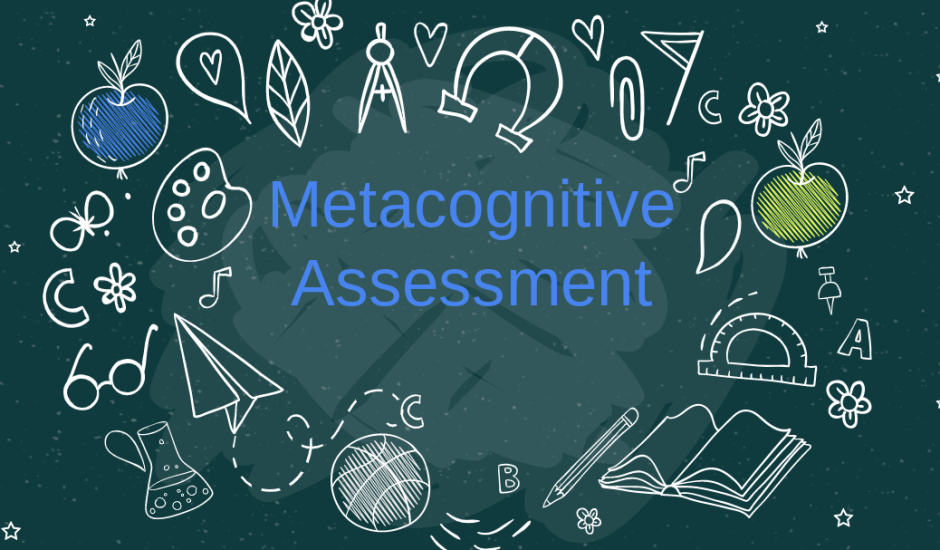This is essential reading for parents of pupils preparing for exams and pupils themselves.
Results from two experiments indicate that even when people are successful at maintaining sustained attention – as when avoiding the temptation to check their phones -the mere presence of these devices reduces available cognitive capacity. Moreover, these cognitive costs are highest for those, with the highest smartphone dependence.
Ward et al, (2017)
Cognitive psychologist Dr. Adrian Ward reported that even the mere presence of smartphones (from here on phones) in a study space can lower your learning, logical reasoning, abstract thinking, problem-solving, and creative abilities. 520 students tested their ability to focus on a single task and solve unfamiliar problems. Divided into three groups, one group kept their phones on the desk (face down I may add), one kept them in their pockets or backpack and one put the phones in a separate room.
Nearly all of the students in the experiment, in all three conditions, reported not being distracted by their phones (“not at all” – 75.9%) and “neither helped nor hurt[their] performance” – 85.6%).
Results told a different story. The highest performers were the students who left their phones in a separate room. Students who kept their phones on the desk performed the worst on the tests (even though they could not see the screen), followed by those who kept their phones in a pocket or backpack. The visibility of the phone’s screen and whether the phone was silent or powered off made little difference in cognitive capacity, suggesting that “intuitive ‘fixes’ such as placing one’s phone face down or turning it off” – made little or no difference. What is more, these cognitive costs outlined, were highest for those with the highest phone dependence.

Bottom line, the best way to keep your phone from stealing your focus might be to leave it at home.
Ward et al, (2017)
At home, when studying, quarantine the phone.
So here is the dilemma for all education settings as far as I understand it. As Ward et al, (2017) summarise, phones enable “on-demand access to information, entertainment, social stimulation, and more,” however “the dependence they engender – may come at a cognitive cost.” It is not may. It is a cost. The question should be – what is the net outcome of phones in school and their impact on learing?
Now we also know phones steal teenagers sleep – #justsaying.
Ward, Adrian & Duke, Kristen & Gneezy, Ayelet & Bos, Maarten. (2017). Brain Drain: The Mere Presence of One’s Own Smartphone Reduces Available Cognitive Capacity. Journal of the Association for Consumer Research. 2. 000-000. 10.1086/691462.
Amra, B., Shahsavari, A., Shayan‐Moghadam, R., Mirheli, O., Moradi‐Khaniabadi, B., Bazukar, M., … Kelishadi, R. (2017). The association of sleep and late‐night cell phone use among adolescents. Jornal de Pediatria (Versão em Português), 93(6), 560-567. doi:10.1016/j.jpedp.2017.03.001



